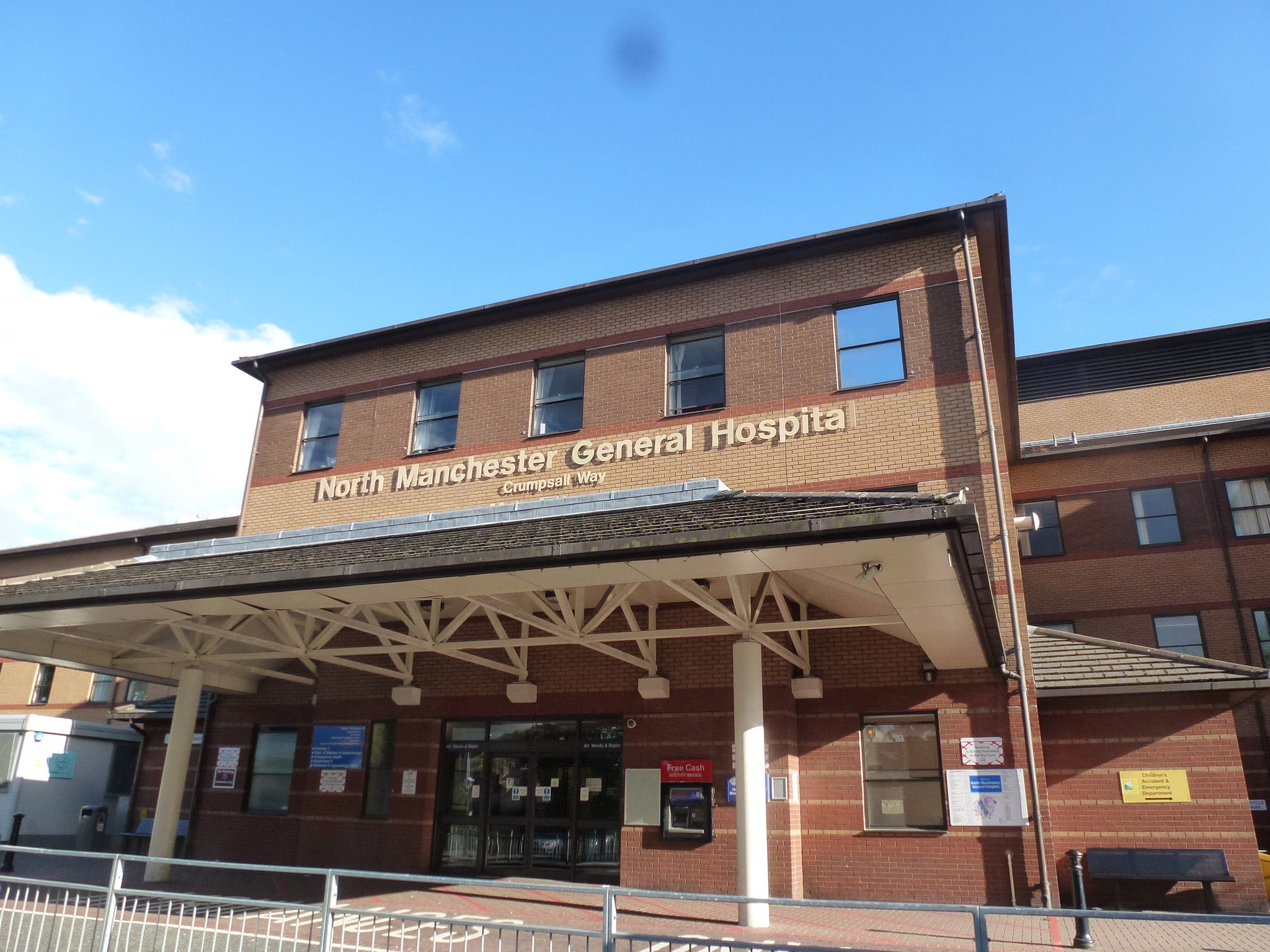Premature baby ‘left to die alone in sluice room’ at failing NHS hospital
A secret report outlines a string of avoidable deaths and long-term injuries over many years

A premature baby was left to die in a sluice room at a failing NHS Trust hospital in Manchester.
The baby, which was born too early to resuscitate, was not nursed for the two hours of her short life but died alone in the room used for the disposal of medical waste.
The distressing incident was detailed in a secret internal report into chronic shortages, bad staff attitudes and clinical errors in the maternity departments of North Manchester General and Royal Oldham hospitals.
A review of maternity services at Pennine Acute Hospital NHS Trust, which operates the two hospitals, was obtained through Freedom of Information requests by the Manchester Evening News.
It outlined a string of avoidable deaths and long-term injuries caused by failures over many years.
The report detailed how one woman died of a catastrophic haemorrhage after her symptoms were put down to mental illness and another was left with a colostomy because her condition was missed three times.
It also said the Trust was placing women at "unacceptable risk" by taking on too many high-risk pregnancies at North Manchester General due to a lack of beds at Oldham.
The baby was born just before the legal age of viability, which is around 23 weeks. As per guidelines, staff did not try to keep her alive, but the report said "essential" basic compassion was missing.
“When the baby was born alive and went on to live for almost another two hours, the staff members involved in the care did not find a quiet place to sit with her to nurse her as she died," it said.
"[They] instead placed her in a moses basket and left her in the sluice room to die alone.”
Long-term failures in the departments led to “high levels of harm for babies in particular” and repeated warnings over years had not led to improvements.
The paper said the trust tried to suppress the report and even claimed it did not exist.
In pictures: Pakistan hospital attack
Show all 10The report identified “clear evidence of poor decision-making which has resulted in significant harm to women” and “real issues” on maternity wards.
This resulted in “high levels of harm for babies in particular, which has significant life-long impact,” it said.
The Trust had a heavy reliance of locum staff – more than one third of the consultant workforce – and as such was "very general in its makeup" and lacked specific skills and competencies, which had led to "untoward outcomes for woman".
In one instance, a baby died because its mother had a rare blood type which staff failed to identify.
It cited “worrying repetitive themes” across the department, including failures to monitor basic vital signs, poor documentation, key lab results left unchecked, and critical missing information left off patient records.
On Wednesday night the trust said more staff had been taken on and progress was being made to improve care.
The report described a “rigid mindset” among staff who tended to view patients' conditions as “uncomplicated”, repeated breach of safety procedures and little performance monitoring of the high numbers of agency staff on the trust's books.
The Trust received more legal claims and paid out more in damages than any other between 2010 and 2015, nearly half of them relating to mothers and babies – payouts which totalled more than £25 million.
Professor Matthew Makin, medical director at Pennine, said: “The priority is for all of the trust's services to meet the high standards that patients expect and deserve.
“We are steadily making the necessary improvements so that patients can receive reliable, high quality care across all of our services.
“In addition to the appointment of a new Head of Midwifery, 31 new midwives started in post across our two maternity units at North Manchester and Oldham last month.
“One incident identifies that a baby died following birth because the mother was not identified during her antenatal care as being rhesus negative and given the appropriate treatment to prevent any adverse effects on her baby,” he said.
Subscribe to Independent Premium to bookmark this article
Want to bookmark your favourite articles and stories to read or reference later? Start your Independent Premium subscription today.

Join our commenting forum
Join thought-provoking conversations, follow other Independent readers and see their replies